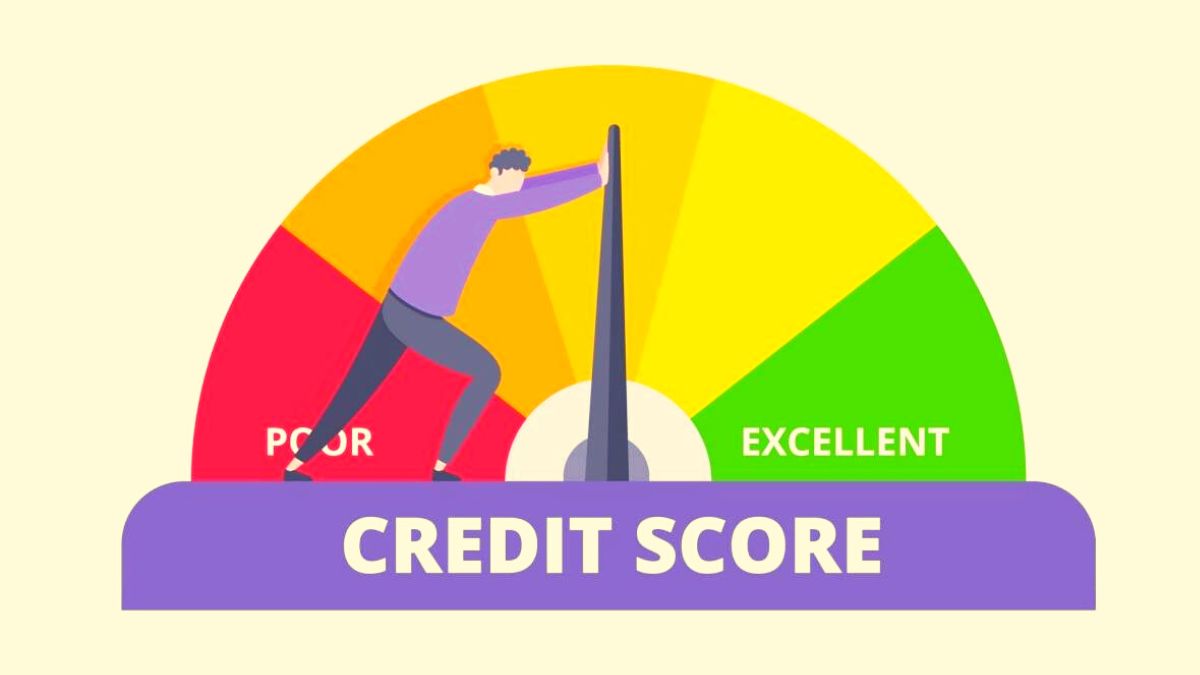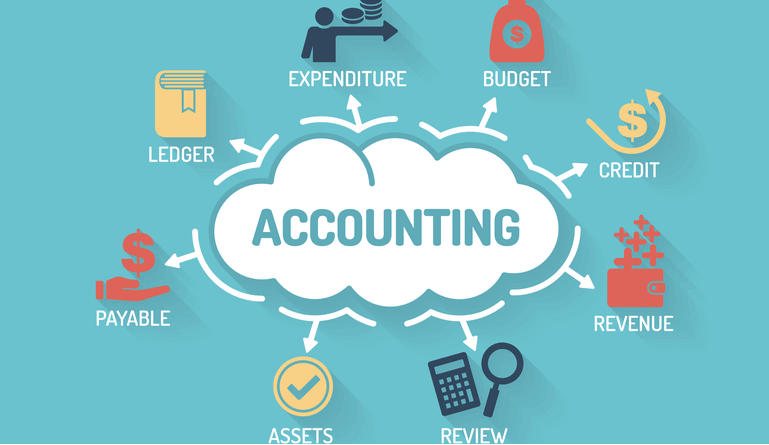How to Take a Personal Loan as a CIBIL Defaulter
Being listed as a CIBIL defaulter can significantly impact your ability to secure a personal loan, as it indicates to lenders that you have previously defaulted on payments.
However, while getting approved for a loan with a low CIBIL score or default status is challenging, it’s not impossible.
Certain approaches, lenders, and strategies can help you obtain a personal loan, even if you’re dealing with a poor credit history.
1. Understand Your Credit Report
Before applying for any loan, it’s crucial to review your credit report and understand the extent of your credit score’s impact on your financial options.
A low CIBIL score can stem from missed payments, defaults, high credit utilization, or overdue credit card payments.
- Review the specifics: By understanding the reasons behind your low score, you can take specific actions to improve it. You may find errors or misreported accounts that, if corrected, can raise your score.
- Check for overdue payments: If you have outstanding dues, settling them can help. Many lenders view partial repayment as a positive step, even if your score isn’t immediately affected.
- Track your credit: Regularly monitoring your score and report helps you understand what lenders will see and gives you a chance to improve it over time.
2. Consider a Secured Loan
Secured loans can be an effective option for individuals with a poor CIBIL score.
Unlike unsecured personal loans, secured loans require collateral, reducing the lender’s risk and making approval more likely.
- Loan against assets: Consider securing a loan against assets such as property, gold, or fixed deposits. Loans against assets typically come with lower interest rates and are easier to secure for individuals with low credit scores.
- Loan against securities: If you hold investments like stocks, mutual funds, or fixed deposits, some lenders allow you to use these assets as collateral.
- Loan against insurance policies: If you have a life insurance policy, some providers allow you to take a loan against the policy’s surrender value, which can provide the funds you need.
Since secured loans reduce the lender’s risk, they may be more willing to extend credit, even with a low CIBIL score.
3. Look for NBFCs and Private Lenders
Non-Banking Financial Companies (NBFCs) and private lenders are often more flexible than traditional banks when it comes to evaluating loan applications from people with low credit scores.
- Higher risk tolerance: Unlike banks, many NBFCs are more open to lending to individuals with lower CIBIL scores. However, they often compensate for this risk with higher interest rates.
- Flexible terms: NBFCs may also offer flexible repayment terms, which can be beneficial for those looking to rebuild their credit score.
- Quicker processing: Many NBFCs have streamlined application processes, making it easier to apply and get approval quickly.
Although NBFCs and private lenders can offer a solution for CIBIL defaulters, always ensure that you thoroughly research their credibility to avoid high interest rates or hidden charges.
4. Get a Co-Applicant or Guarantor
Applying for a personal loan with a co-applicant or guarantor who has a good CIBIL score can improve your chances of loan approval.
This approach gives the lender more security and assurance, as the co-applicant or guarantor is responsible for repaying the loan if you default.
- Co-applicant’s role: If your spouse or a close family member has a strong credit profile, adding them as a co-applicant can make your application more attractive to lenders.
- Guarantor’s responsibilities: A guarantor promises to repay the loan if the primary applicant defaults. They should have a good credit score and be financially stable, as lenders will evaluate their financial capacity as well.
- Improved loan terms: Applying with a co-applicant or guarantor may also give you access to lower interest rates, better loan terms, and a higher loan amount.
However, keep in mind that any missed payments or defaults on your part can impact the guarantor’s credit score, so this decision should be made carefully.
5. Negotiate with the Lender
Sometimes, approaching lenders directly and explaining your situation can work in your favor.
Many lenders appreciate transparency, especially if you can provide a solid reason for your past defaults, such as a temporary financial setback that’s now resolved.
- Explain your case: If the reason for your low score was a one-time issue, such as a medical emergency or job loss, explain this to the lender and show that your financial situation has improved.
- Show stable income: If you have a stable job or a consistent income source, provide proof of this. Lenders are often more lenient if they can see a steady cash flow that indicates a reliable repayment capacity.
- Highlight other assets: Mention any other assets you have that demonstrate your financial stability. This might include property, other investments, or savings.
Proactively negotiating and showing proof of your financial stability may help convince the lender to reconsider your application.
6. Opt for a Lower Loan Amount
When your credit score is low, asking for a smaller loan amount can improve your chances of approval.
A lower loan request reduces the lender’s risk and shows that you are realistic about your borrowing capacity.
- Borrow within your capacity: Calculate the amount you genuinely need and apply for a loan within that limit. This approach demonstrates to the lender that you’re financially responsible.
- Lower EMIs: A smaller loan amount results in lower monthly EMIs, making repayment easier and helping build trust with the lender.
- Build a repayment track record: Starting with a smaller loan can help you build a positive repayment history, which can improve your CIBIL score and open the door for larger loans in the future.
Applying for a smaller loan can act as a stepping stone, allowing you to demonstrate your repayment ability and improve your score over time.
7. Improve Your Credit Score Gradually
If possible, take some time to improve your CIBIL score before applying for a personal loan.
This may not be a quick fix, but it can provide better loan options, higher approval chances, and lower interest rates.
- Pay off outstanding dues: Start by clearing any pending payments or credit card dues. Regular repayments contribute to a higher credit score over time.
- Reduce credit utilization: Try to keep your credit utilization below 30%. High utilization indicates a heavy reliance on credit and can negatively impact your score.
- Take small loans and repay on time: Consider small, manageable loans or credit-builder loans and make timely payments. This can help you build a positive repayment history, which boosts your score.
Improving your credit score is one of the most effective ways to qualify for better loan terms, so if you’re not in immediate need, this approach is worth considering.
8. Seek Professional Financial Advice
If you’re struggling to improve your credit score or determine the best loan options, consider seeking help from a financial advisor.
Professionals can offer personalized advice based on your financial situation and help you navigate the complexities of borrowing with a low credit score.
- Credit counseling: Some financial advisors specialize in credit counseling, helping you understand how to improve your score and develop good financial habits.
- Customized loan options: Advisors may have connections with lenders willing to work with CIBIL defaulters and can help you find the best possible loan offers.
- Debt management: If your financial challenges stem from multiple debts, a financial advisor can help you create a plan for repayment, consolidation, or settlement.
Investing in professional advice can be a smart move that improves your financial health and opens up better borrowing opportunities in the future.
Conclusion
While obtaining a personal loan as a CIBIL defaulter is challenging, it’s not impossible. With strategic planning, you can increase your chances of approval.
Consider options like secured loans, applying with a co-applicant, approaching NBFCs, or negotiating directly with lenders.
Improving your CIBIL score and managing your finances responsibly are the best long-term strategies to enhance your creditworthiness.
By carefully exploring these methods, you can secure a personal loan and work toward financial stability even with a past default.
For more posts, Click Here














Post Comment